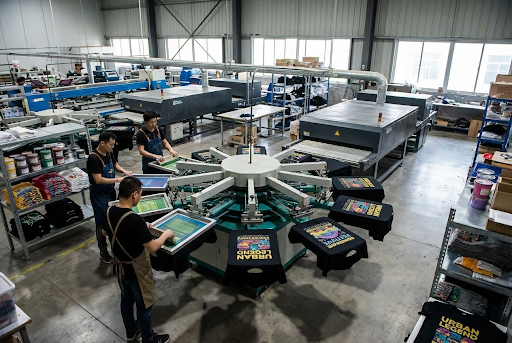
Admissions committees read thousands of essays every cycle. Most sound alike—polished, proper, and forgettable. But every now and then, one stops them in their tracks. It’s not always the grammar or big words that do it. It’s the story behind the words. That’s where strong Medical School Personal Statement Editing comes in—not to rewrite you, but to help you sound like your truest, clearest self.
Real Moments Over Perfect Ones
Forget trying to sound like a “perfect applicant.” Schools don’t want robots. They want humans—flawed, thoughtful, driven people who’ve asked hard questions and kept going.
- A failed experiment that taught you patience
- A conversation with a patient that shifted your view
- A family experience that sparked your curiosity about medicine
These moments stick because they’re honest. The best personal statements don’t list achievements—they show growth.
Voice Matters More Than Vocabulary
Big words won’t save a vague essay. Admissions officers care more about how you think than how fancy your sentences are.
- Write like you talk (but cleaner)
- Let your tone reflect your personality—warm, curious, steady, etc.
- Avoid clichés like “I’ve wanted to be a doctor since I was five.”
You’re not trying to impress with jargon. You’re trying to connect.
Structure with Purpose
A great personal statement has rhythm. It moves. It starts somewhere real, builds through experience, and ends with clarity—not just “I want to be a doctor,” but why this path, and why you.
- Open with a scene, not a summary
- Group related experiences instead of listing them
- End with forward motion—what you’ll bring to med school, not just what you’ve done
Editing helps tighten that arc so nothing feels random or rushed.
Show, Don’t Just Say
Anyone can say they’re compassionate. What proves it?
- Instead of “I’m a team player,” describe a time you adjusted your approach to support a struggling classmate
- Instead of “I’m resilient,” tell the story of studying through a personal loss
Details build credibility. They’re what make readers believe you—and remember you.
Precision Beats Length
Every sentence should earn its place. If a line doesn’t add meaning, context, or emotion, cut it.
Common filler to trim:
- Over-explaining obvious motivations
- Redundant adjectives (“hardworking, dedicated, committed”)
- Generic conclusions (“Medicine is a noble profession…”)
Strong editing sharpens focus so your core message shines without noise.
Reflection Is the Secret Ingredient
What separates a good statement from a great one? Reflection. Not just what you did—but what it meant.
Ask yourself:
- What did this experience teach me about myself?
- How did it change how I see patients or health care?
- Why does this moment matter to my future as a physician?
That depth is rare. It’s also exactly what admissions teams look for.
It’s Okay to Sound Like You
Some applicants try to mimic what they think a “doctor” should sound like. That often backfires. The most memorable essays sound like real people—nervous, hopeful, determined, learning as they go.
Your background, culture, quirks, and questions all belong in your story. The right editing process helps you own that—not hide it.
Editing Isn’t About Fixing—It’s About Framing
Good Medical School Personal Statement Editing doesn’t overwrite your voice. It helps you:
- Find the strongest thread in your story
- Cut distractions
- Polish without losing authenticity
- Turn scattered ideas into a clear narrative
Think of it like developing a photo. The image is already there—you just need the right focus and light.
Final Thought
An unforgettable personal statement doesn’t need drama or heroics. It needs truth, clarity, and purpose. It should feel like a conversation—one that leaves the reader wanting to meet you in person.
With thoughtful reflection and careful editing, your essay can do just that. And that’s the goal of strong Medical School Personal Statement Editing: not perfection, but presence.







